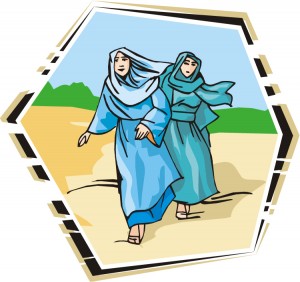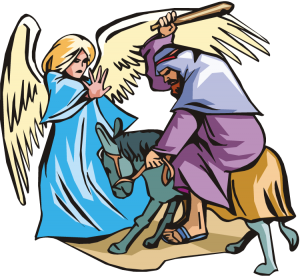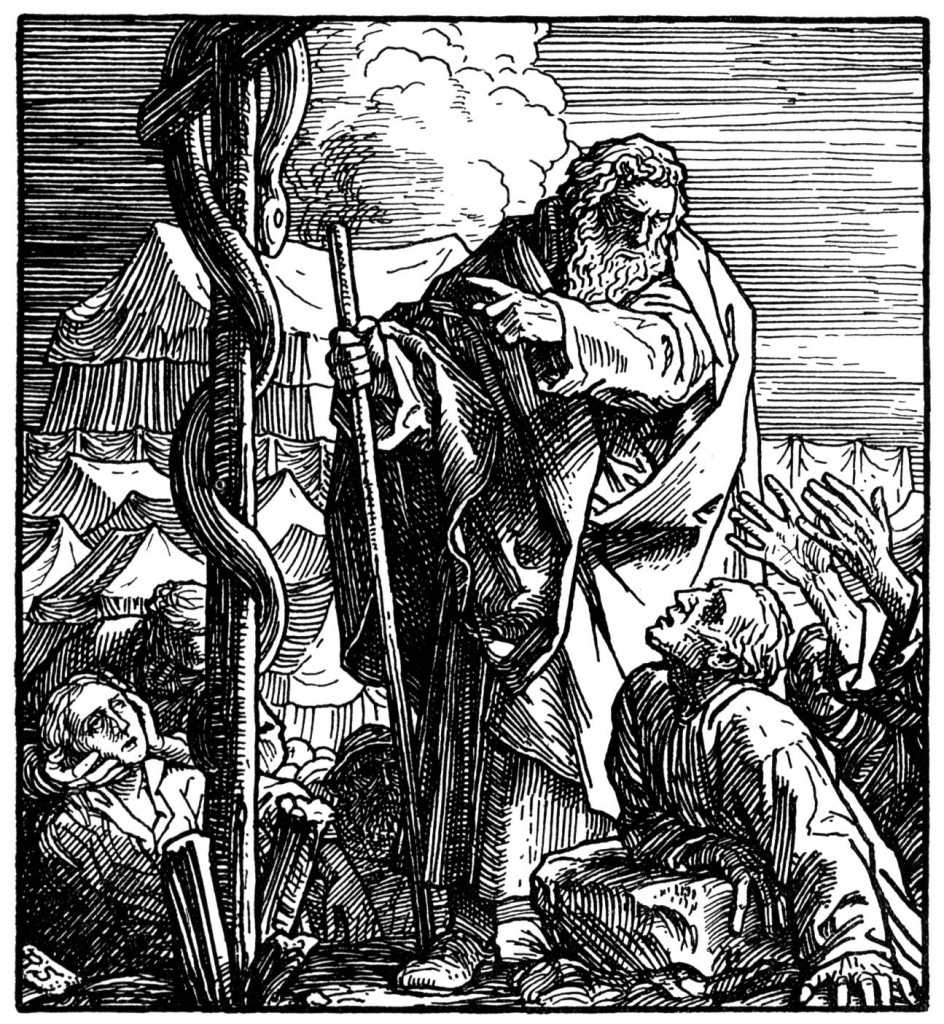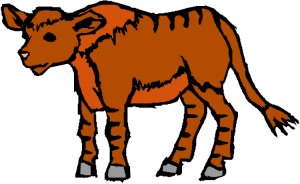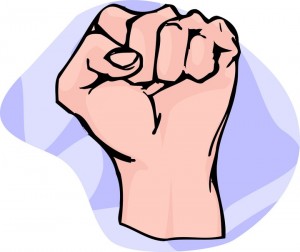Numbers 31:3, Take vengeance on the Midianites. YHVH is vehemently opposed to moral looseness. Midian, through its seductive women, nearly destroyed Israel. The decisive actions of a morally straight leadership prevented Israel from going the way of so many nations that have since collapsed due to moral decay. Sexual looseness and perversion must not be allowed to gain even a momentary toehold into our lives.
Do you aggressively resist and fight against the spiritual Midianites that would destroy your life, your family, your marriage and your spiritual destiny, or do you even slightly countenance the enemies of your soul in the secret or hidden areas of your life just to placate the passions of your carnal and sin-bent nature?
The spirit of Midian is to be found everywhere from the magazine rack at the checkout stand to the morning newspaper advertising women’s undergarments, from bumper stickers to billboards, from television ads (not to mention the television shows themselves) to the internet, and among political, religious leaders and entertainment celebrities. How about the modern immodest and decadent clothing styles of our youth, which barely cover the body, and where little is left to the imagination?
How does one defend oneself against this incessant onslaught? Remember, the best defense is a strong offense. Resolve and settle in your heart and mind ahead of time how you will react against the darts of the enemy when you suddenly find them aimed at you, and then stick to your defense plan! Pull down every mental stronghold and take every thought captive to the mind of Yeshua, and flee all lusts. (Strengthen yourself spiritually by reading the following scriptures: 1 Cor 6:18; 10:14; 2 Cor 10:3–6; 2 Tim 2:22.)


